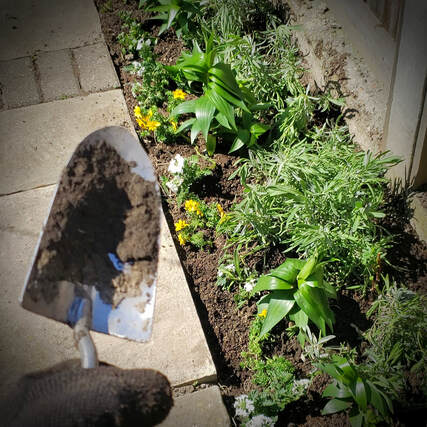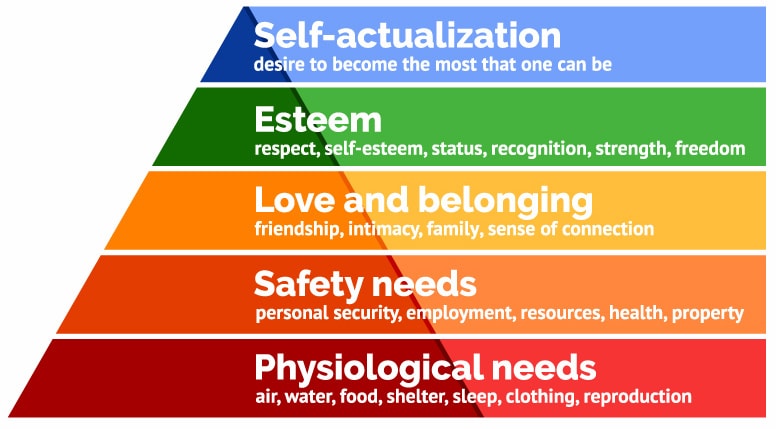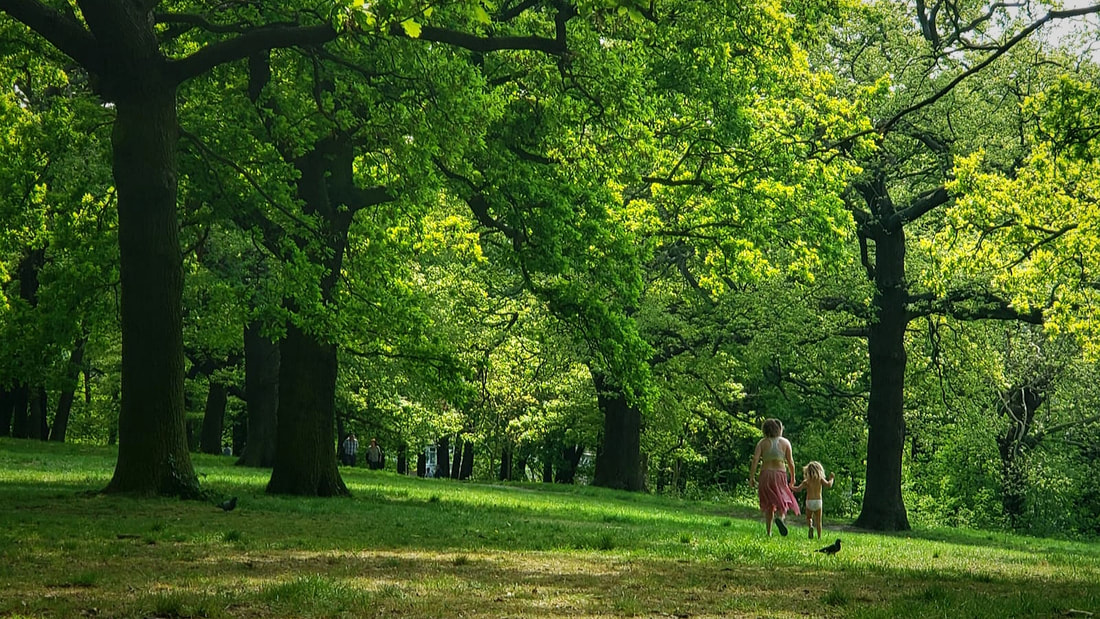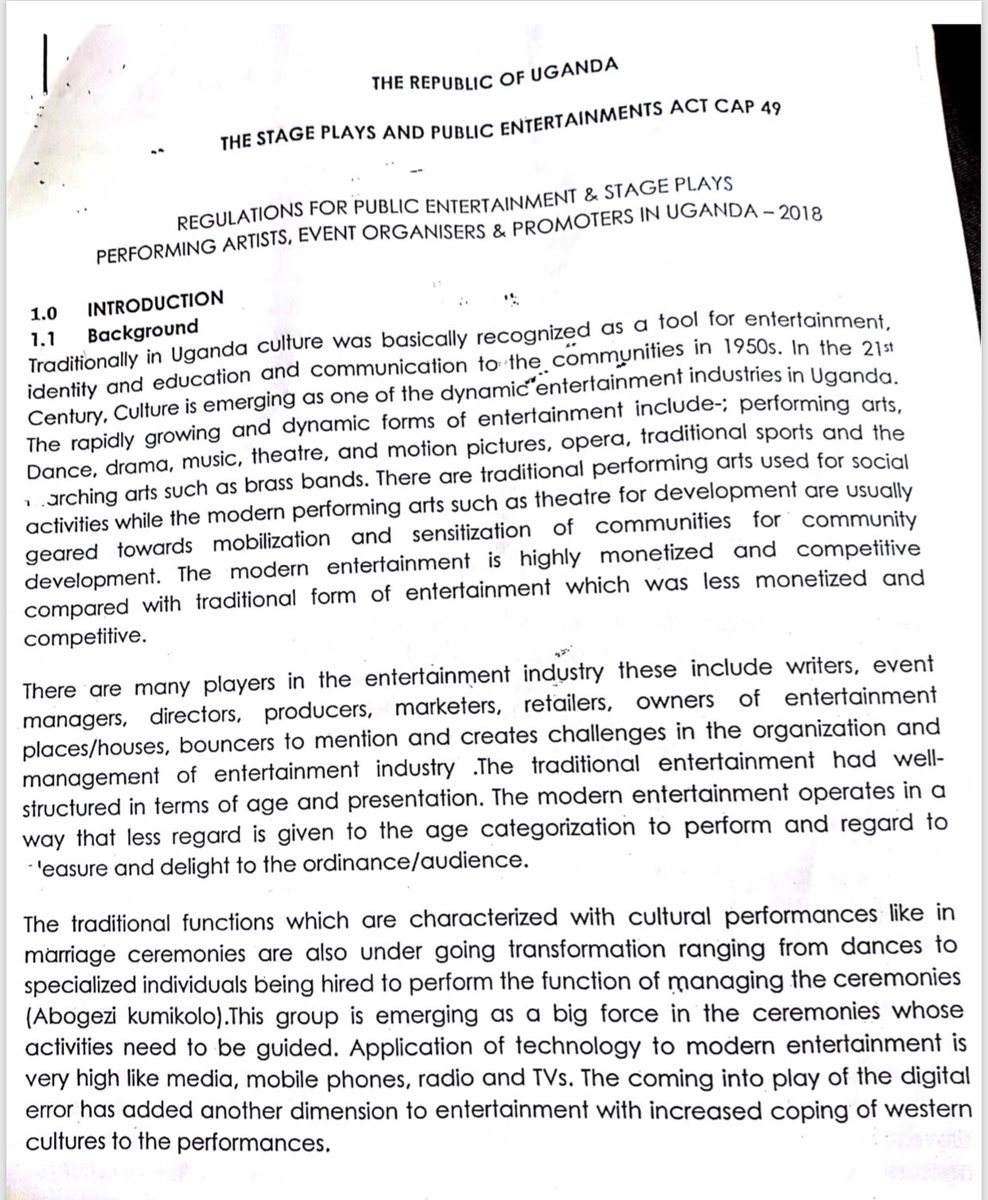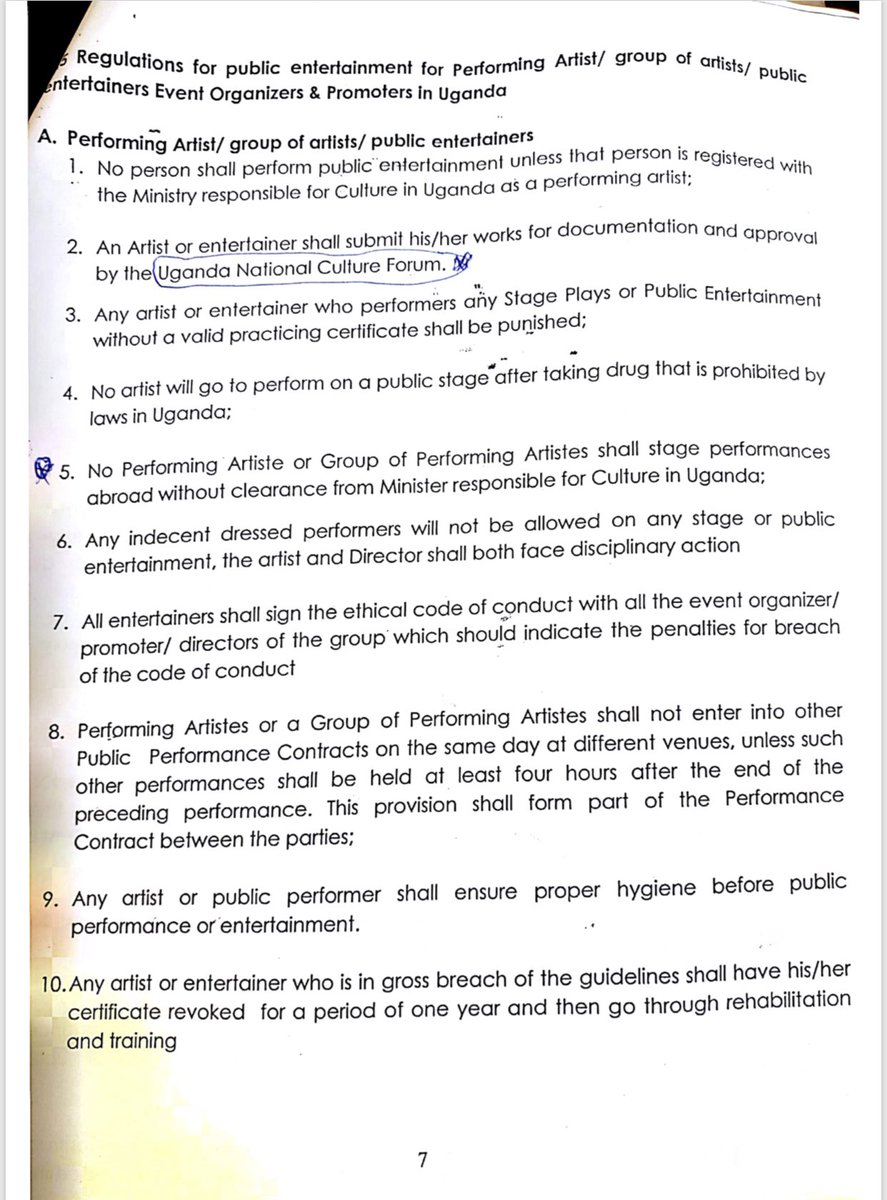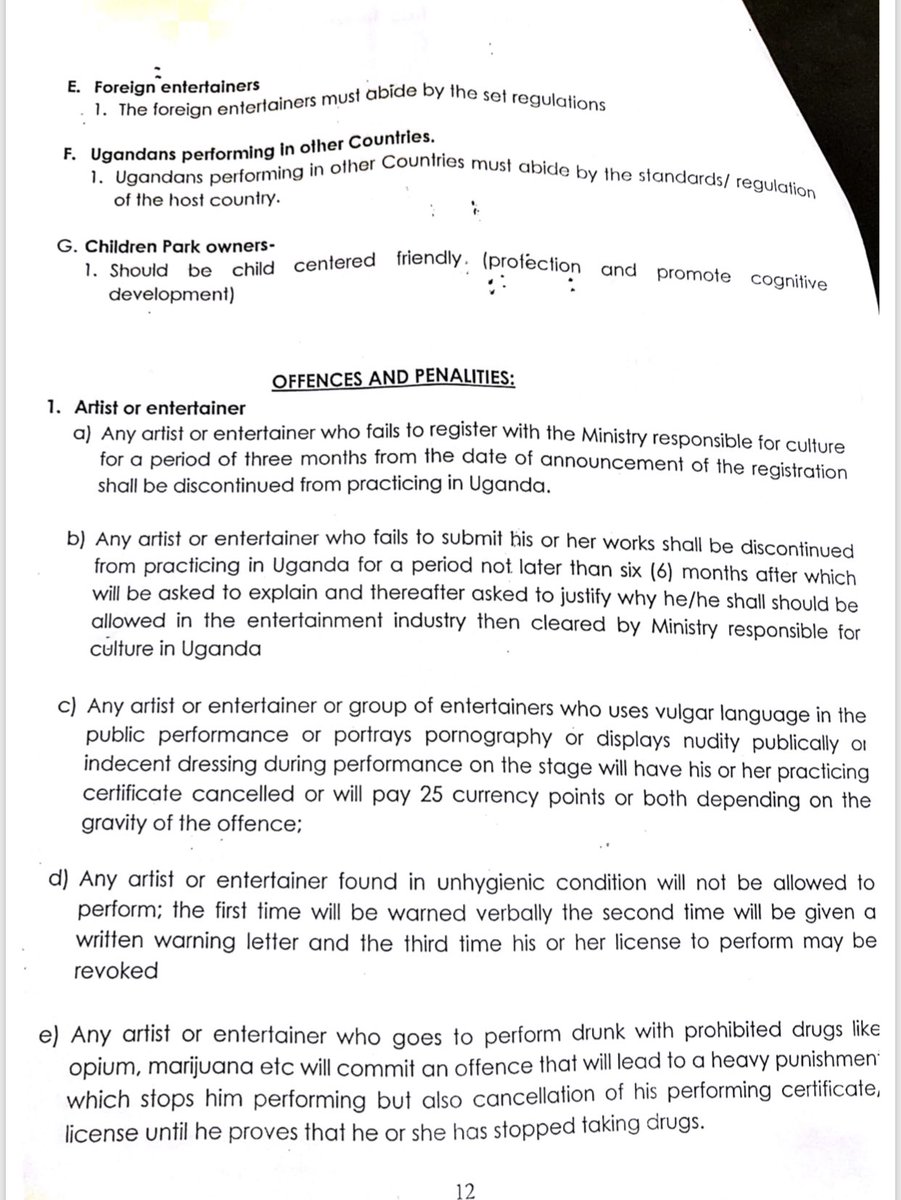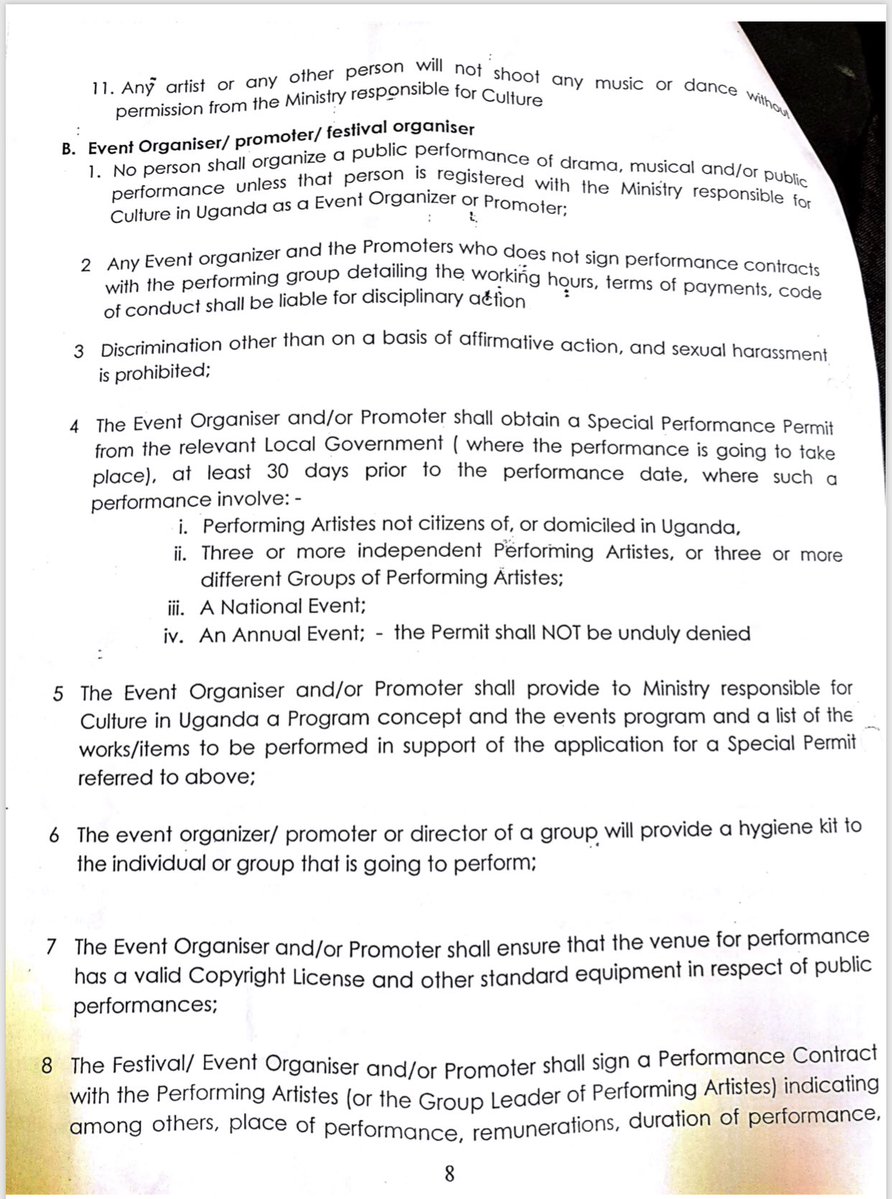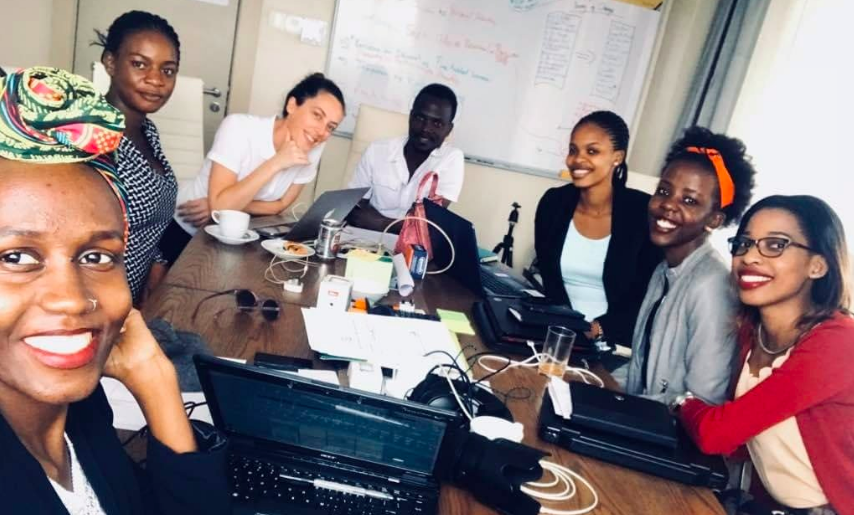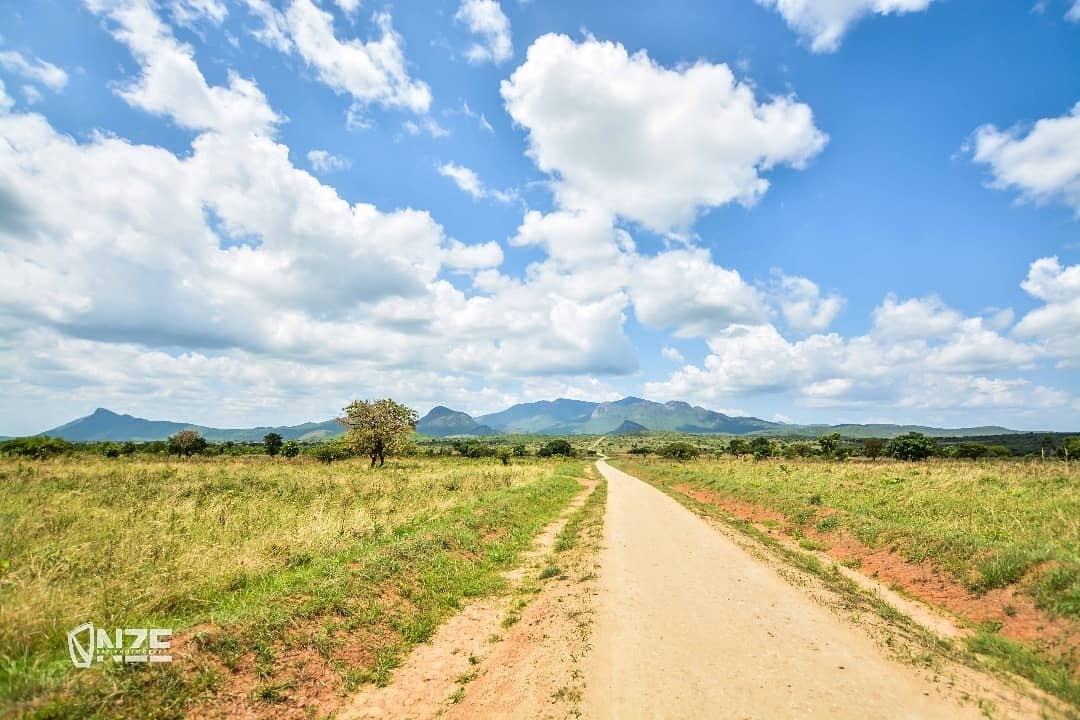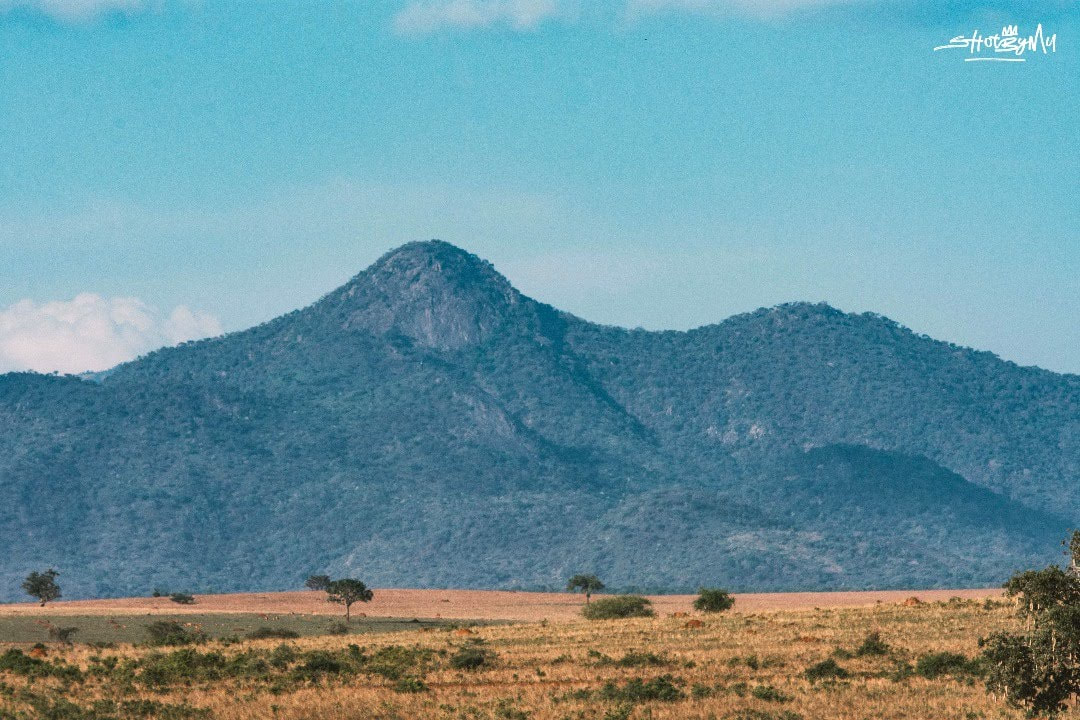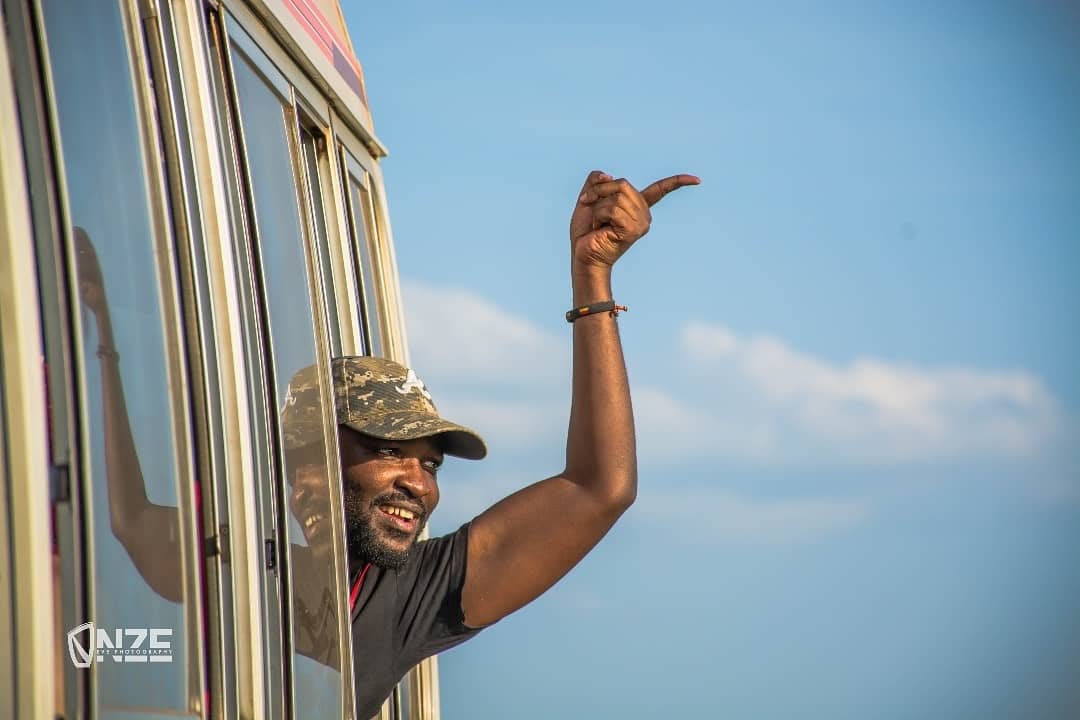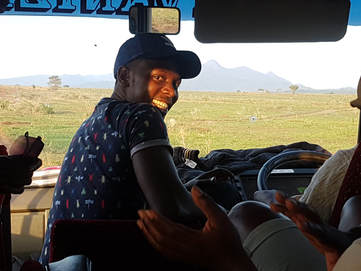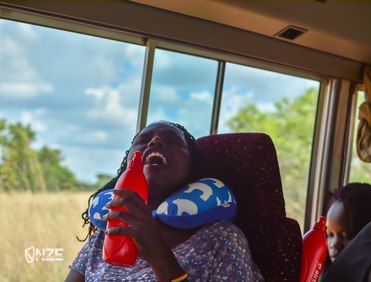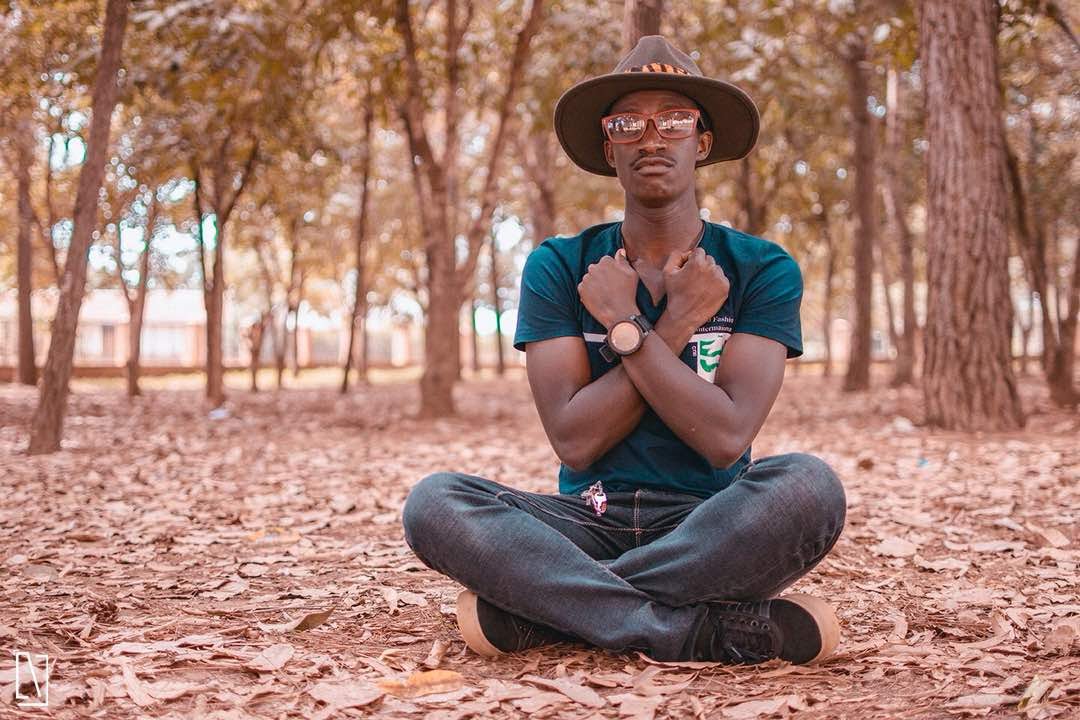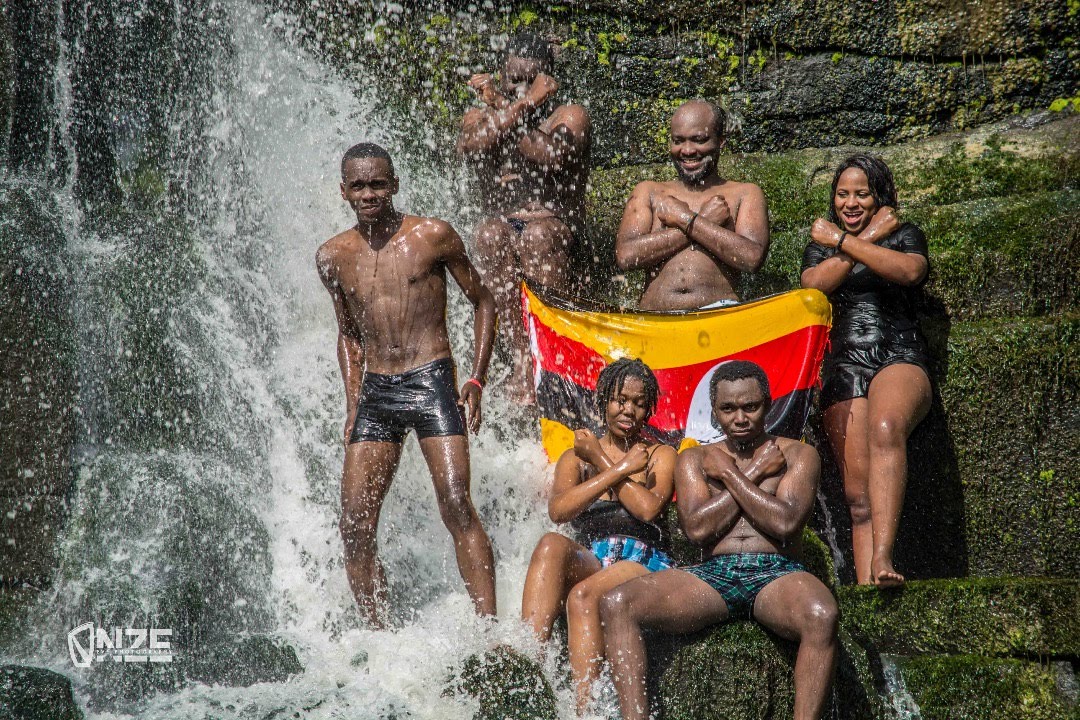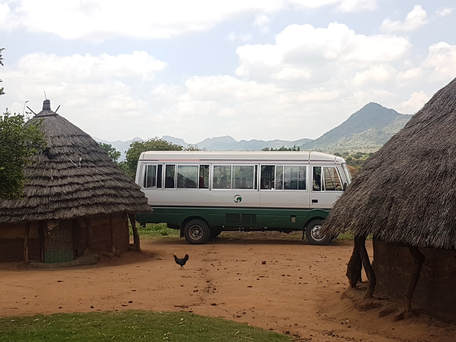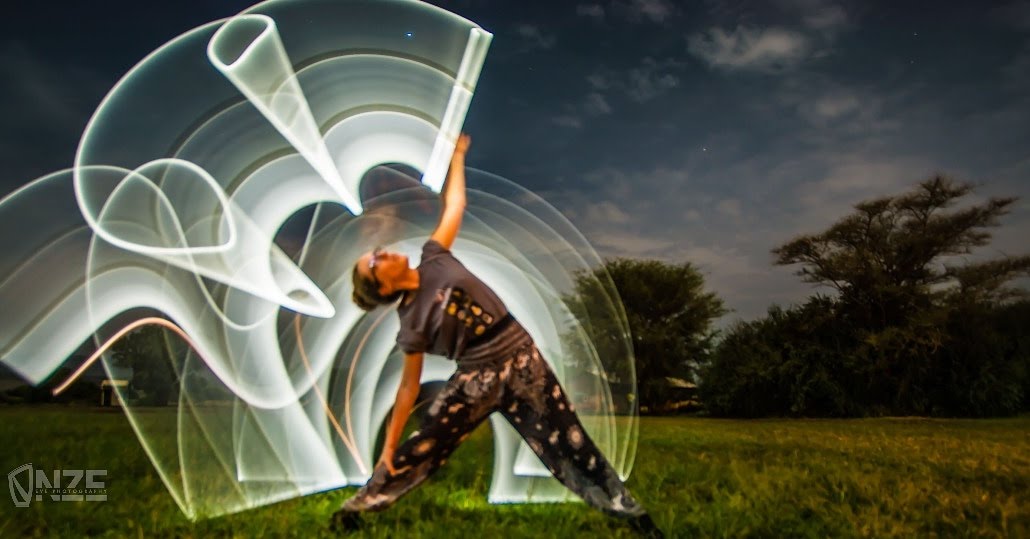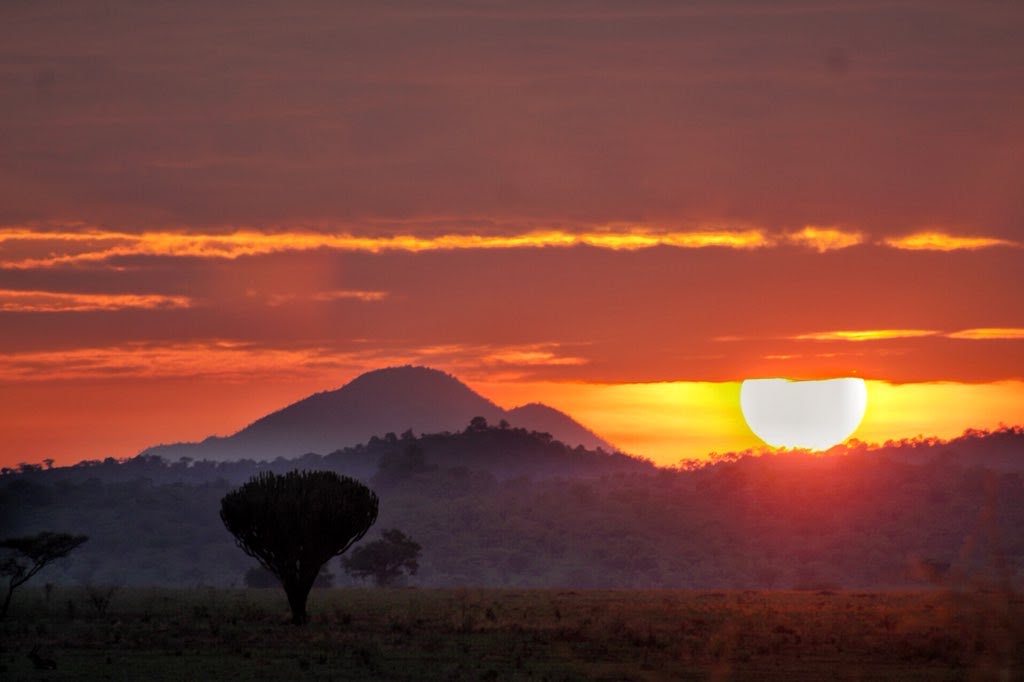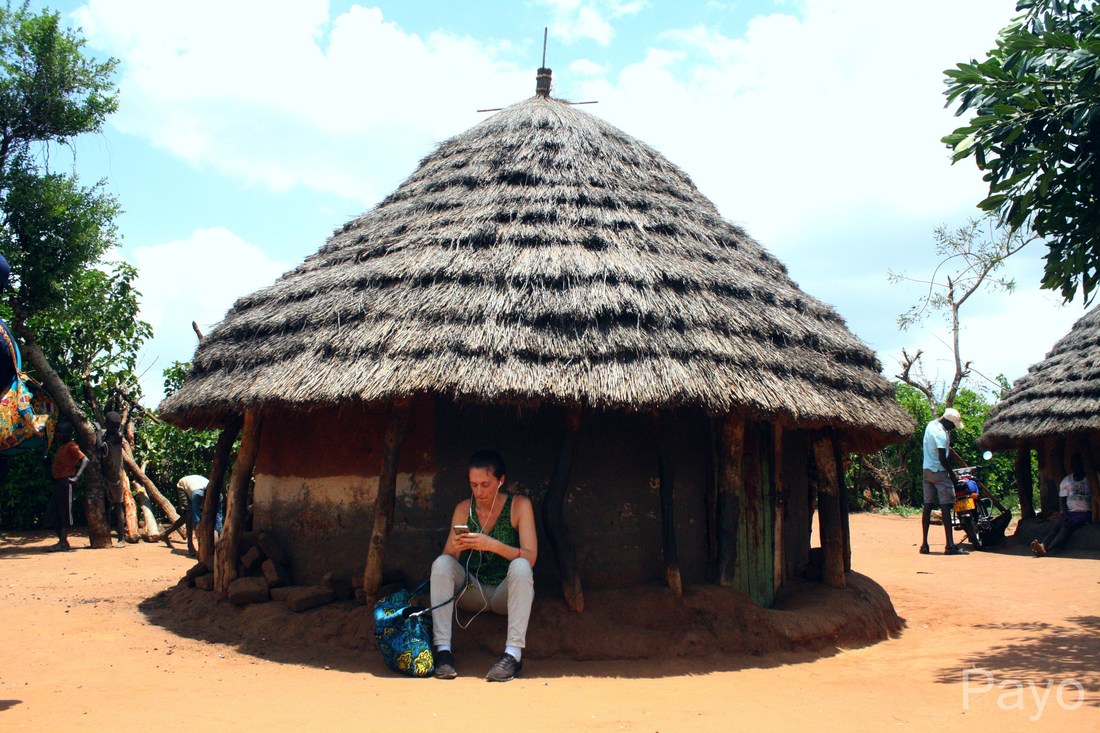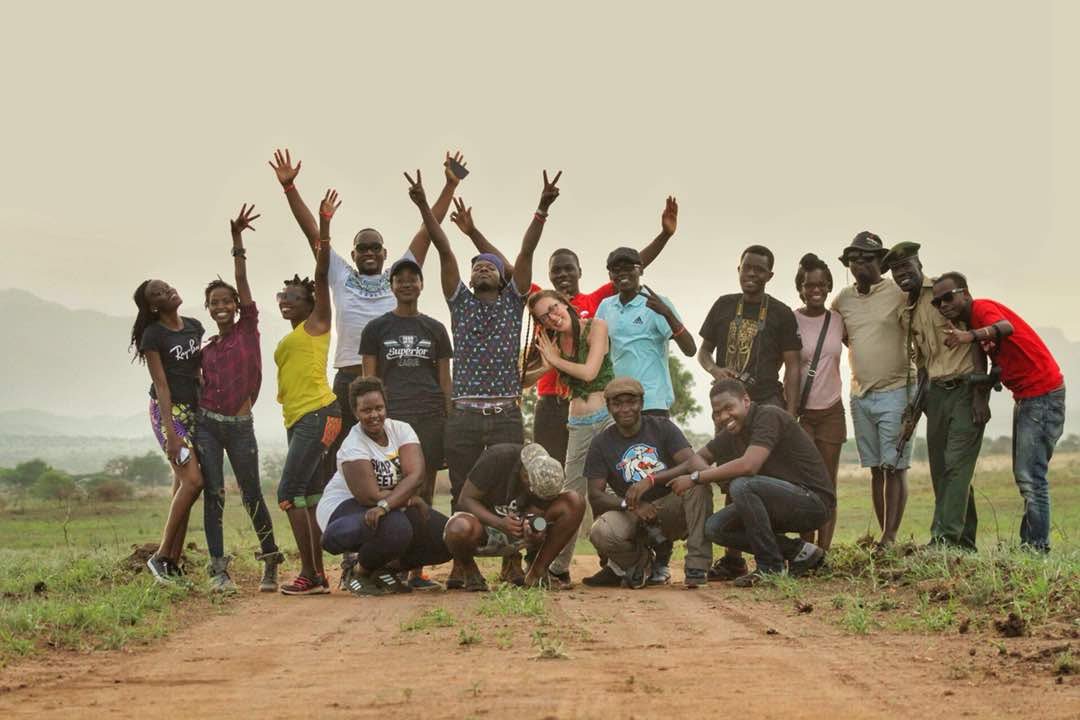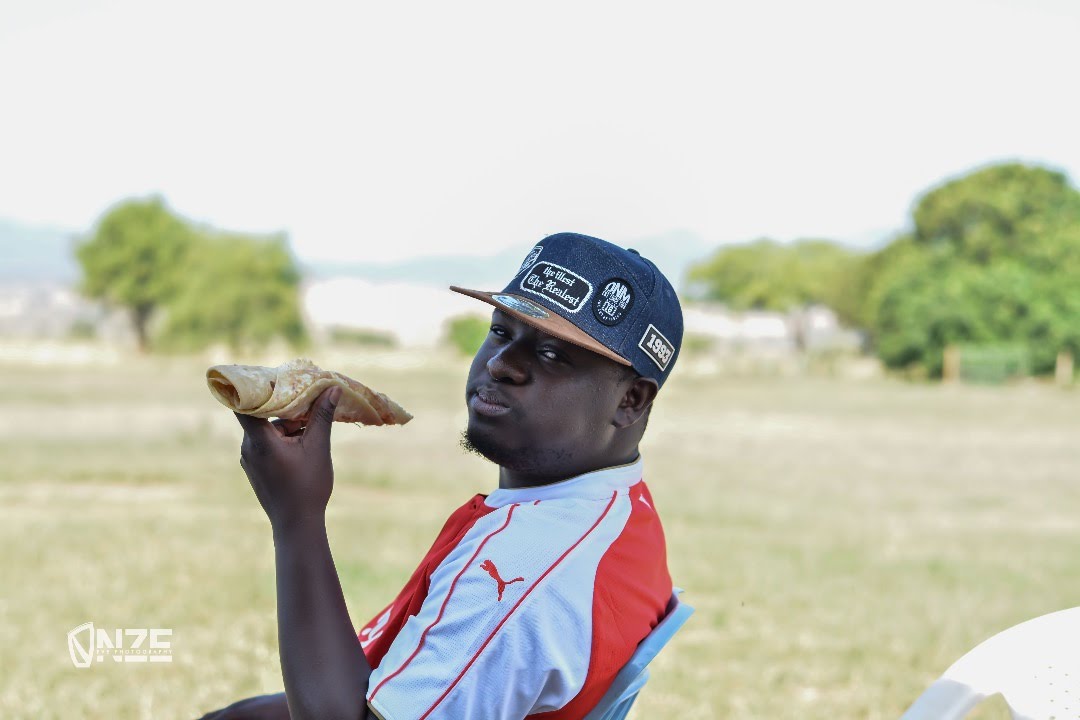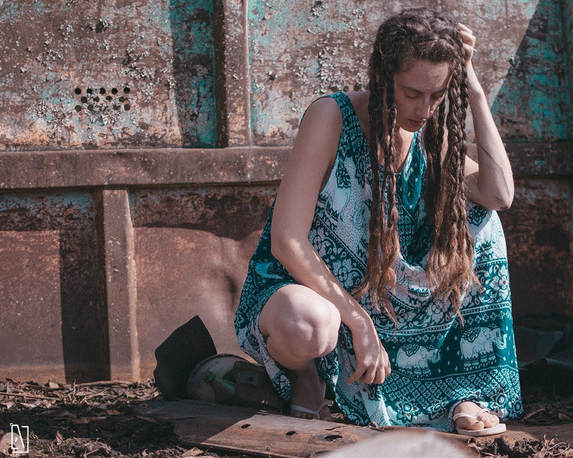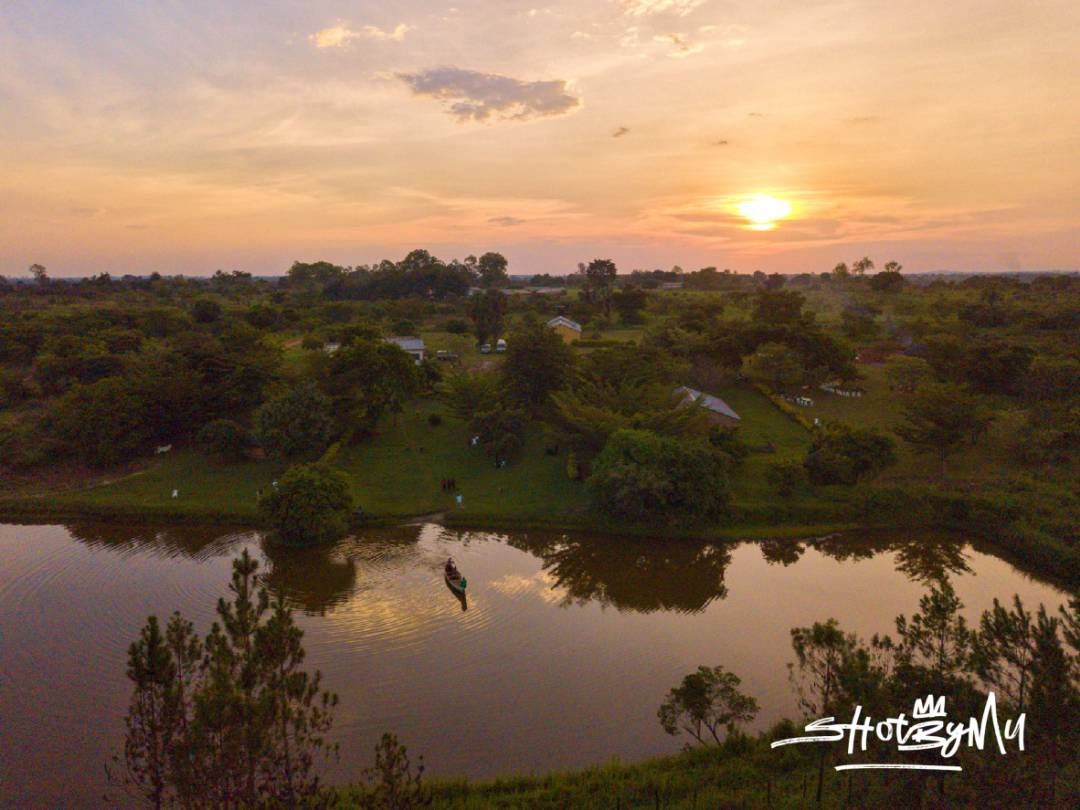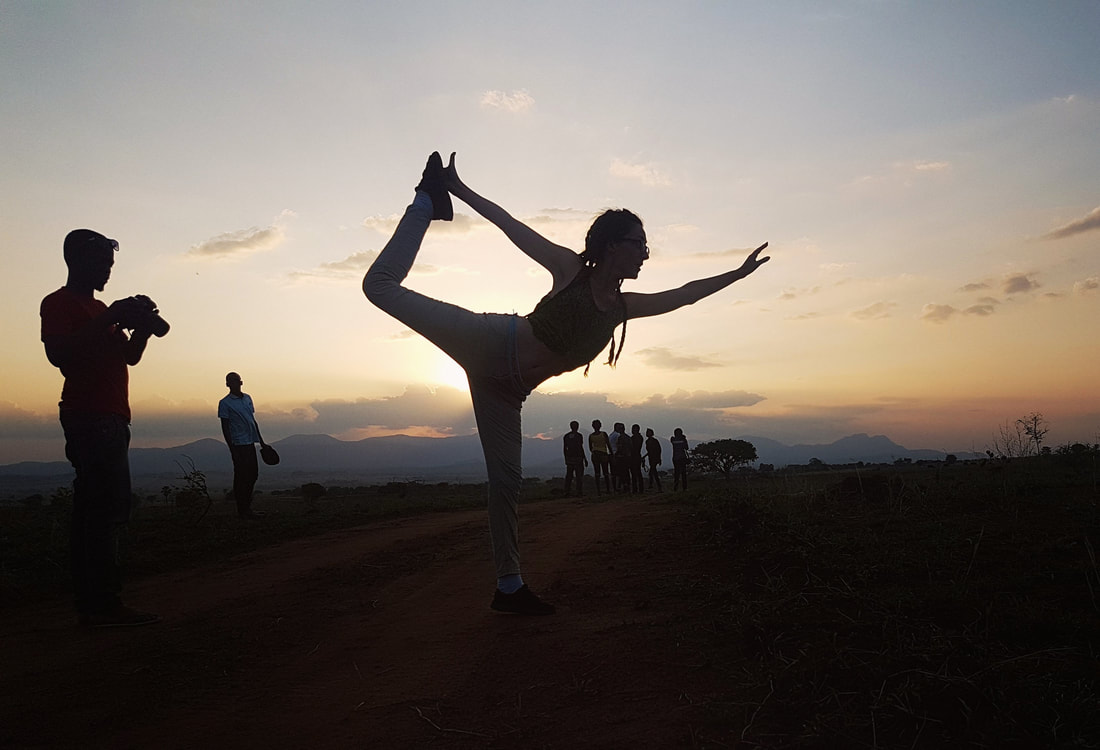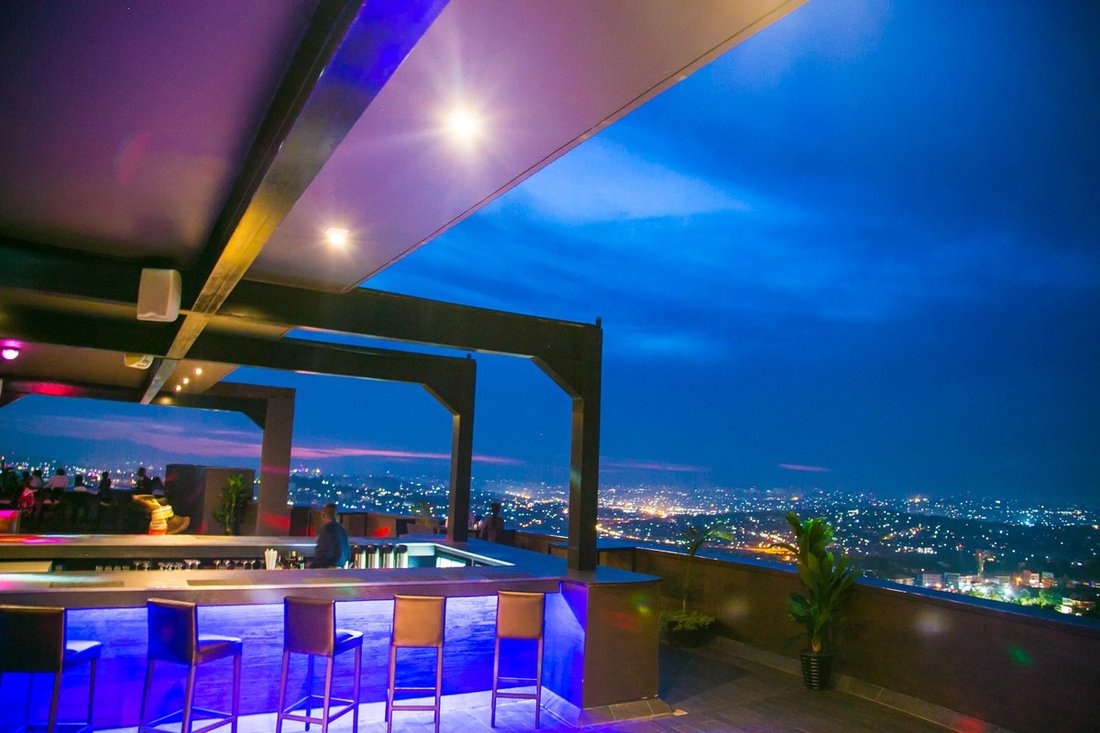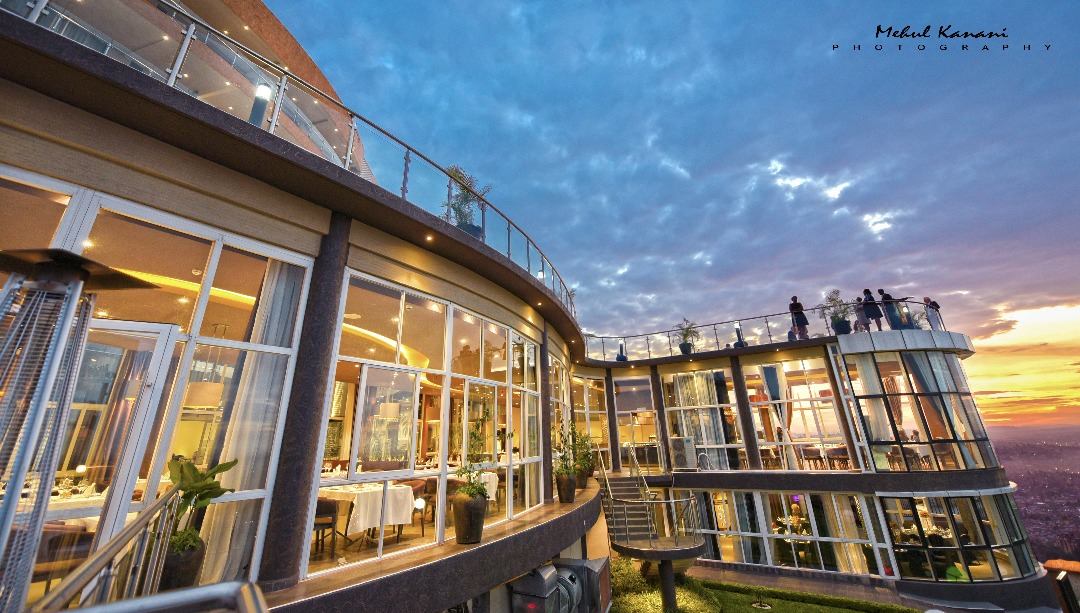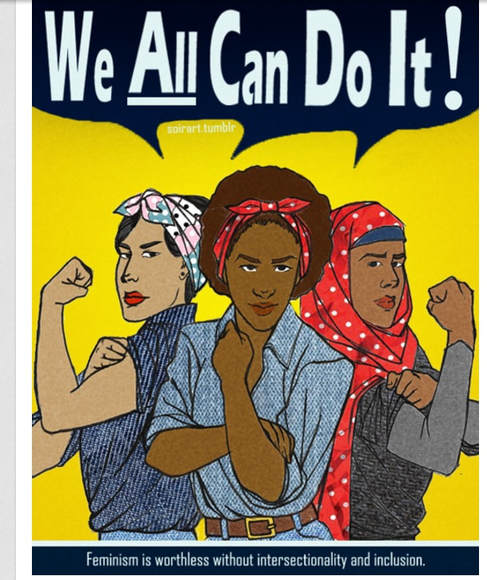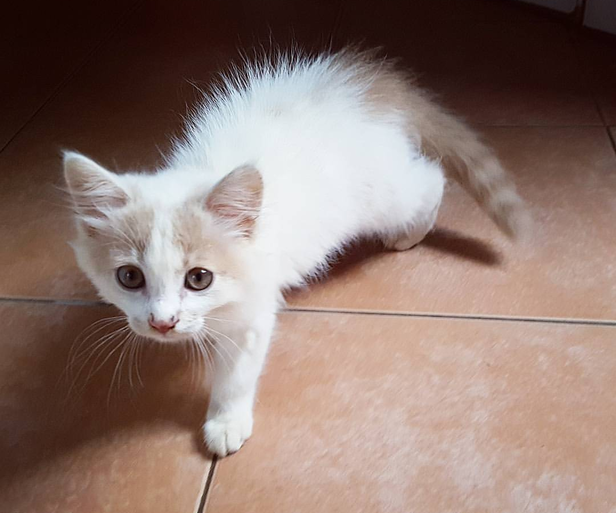A quick update on how our friends in the Ugandan media are coping with Covid-19...
The media landscape in Uganda has taken a hit from the coronavirus pandemic. The Government-imposed lockdown - which began shortly after the first case of Covid-19 was reported in the country on the 23rd of March, 2020 - has resulted in reduced advertising spend and disrupted the normal distribution channels for newspapers, forcing some publishers to suspend printing certain newspapers.
Ugandan newspapers, TV and radio were already experiencing a downward trend in advertising revenue over the past few years before the pandemic, with newspapers the worst off. The impact of Covid-19 has destabilized Uganda's media environment and put many journalists out of work - hopefully only temporarily. It may also have opened up an opportunity for TV and radio to grow, particularly given plans announced by the Government of Uganda in June to hold a "scientific election", set for February 18th, 2021, which would ban rallies (due to public health concerns) in favour of campaigns depending on media to persuade the electorate.
The media landscape in Uganda has taken a hit from the coronavirus pandemic. The Government-imposed lockdown - which began shortly after the first case of Covid-19 was reported in the country on the 23rd of March, 2020 - has resulted in reduced advertising spend and disrupted the normal distribution channels for newspapers, forcing some publishers to suspend printing certain newspapers.
- The Observer and The Independent Magazine both suspended printing of their hard copies and began only running their news online.
- Vision Group suspended printing of four newspapers: "The Kampala Sun" (tabloid), "Orumuri" (Runyankore/Rukiga language), "Etop" (Ateso language) and "Rupiny" (Luo language).
- Vision Group and Monitor Publications, a subsidiary of Nation Media Group, both announced reductions in staff salaries at the end of April and this was followed by some staff layoffs.
- Sanyu FM announced a 25% salary reduction for all staff, which prompted a staff strike that resulted in the entire staff being fired and replaced.
- An IPSOS report in May 2020 found that Television was the media source people most relied on in Kampala, with 3 in 5 residents listing TV as a media source (62%), followed by radio (19%). Also, local television (77%) and local radio (44%) were cited as the most frequently used sources for information in the country.
- Geopoll released a report on changes in media consumption during March and April of 2020 that showed the most watched TV stations were NTV followed by NBS and Bukedde TV, while NBS registered the most audience growth, followed by NTV and Al Jazeera. According to this report, the most listened to radio stations at the start of April were Bukedde FM, Capital FM and CBS Radio Buganda, which all experienced audience growth between March and April.
Ugandan newspapers, TV and radio were already experiencing a downward trend in advertising revenue over the past few years before the pandemic, with newspapers the worst off. The impact of Covid-19 has destabilized Uganda's media environment and put many journalists out of work - hopefully only temporarily. It may also have opened up an opportunity for TV and radio to grow, particularly given plans announced by the Government of Uganda in June to hold a "scientific election", set for February 18th, 2021, which would ban rallies (due to public health concerns) in favour of campaigns depending on media to persuade the electorate.

